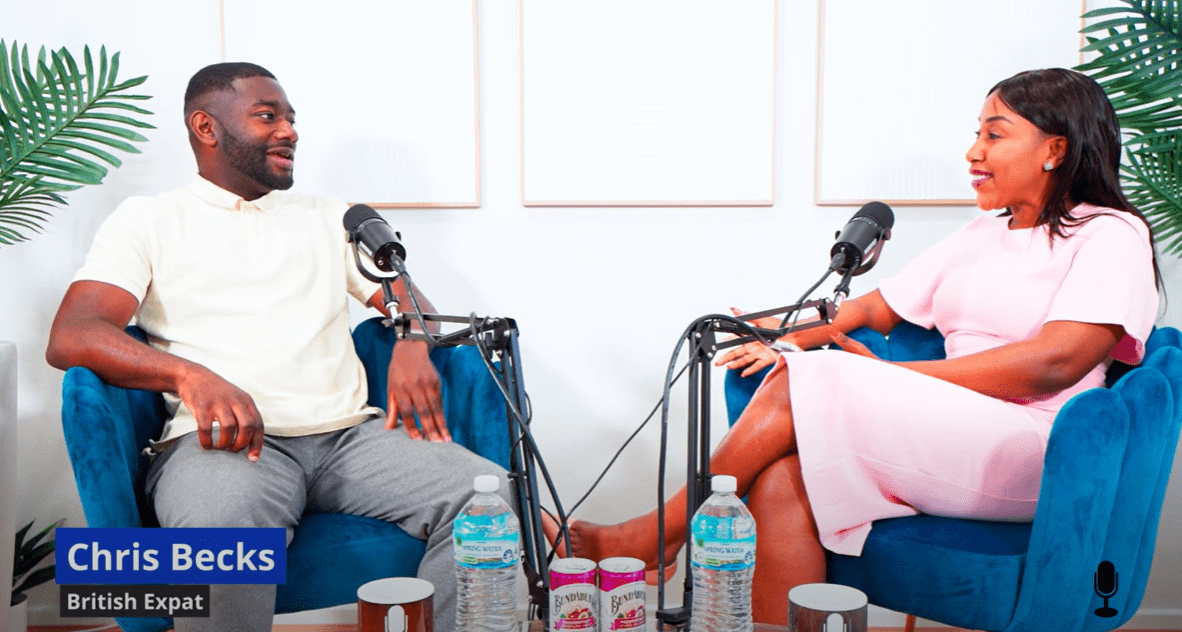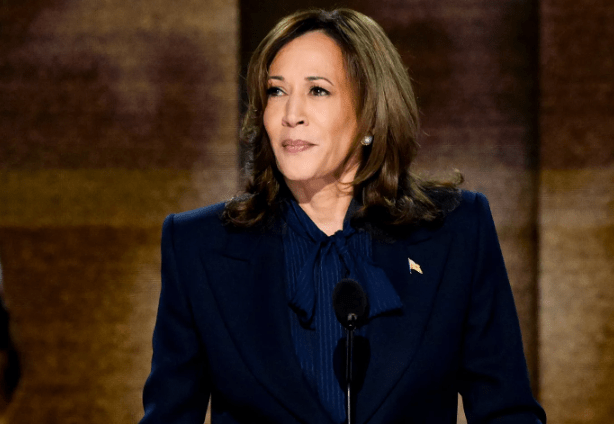In a recent episode of The Back Cover, host Mibengé Nsenduluka was joined by British expatriate, Chris Becks, to discuss the alarming surge in violence following the tragic murder of three young girls at a Taylor Swift-themed dance studio in Southport last month.
The unrest has resulted in injured police officers, looted shops, and a hotel set ablaze, leaving the nation in turmoil.
Becks, who was born in the UK to Ghanaian migrants and now resides in Australia, shared his deep sorrow over the scenes of chaos and hatred in his homeland.
“It’s saddening, a lot of these people don’t want to be identified as racist or fascist, but they hold ideals and values that align with what it means to be racist or fascist,” he said, reflecting on the anti-immigrant rhetoric.

The conversation touched on the role of disinformation in exacerbating the riots, particularly regarding the suspect’s identity in the Southport murders.
As false narratives circulated widely on social media, they intensified anti-immigrant rhetoric and deepened societal divisions. Nsenduluka and Becks explored how these tensions have exposed the vulnerabilities of multiculturalism in the UK, where communities now face the challenge of coexisting with a growing nationalist sentiment.
Becks also spoke candidly about his complex relationship with British identity, particularly as a person of African descent.
“It’s funny because outside of Britain, yes… I do consider myself British. I certainly don’t consider myself any less British than someone of white background,” he said. Yet, he acknowledged the internal conflict that many non-white Britons experience.
“There is, I wouldn’t say an identity crisis, but [there are] thoughts and discussions about what it means to be British when you’re not white because a lot of our community are African migrants, the Windrush generation, etc. So within London, when someone asks me where I’m from, I know they’re not talking about Hackney.”
The episode also scrutinised the media’s role in fuelling the unrest, as Nsenduluka and Becks discussed how sensationalist reporting and unchecked narratives have contributed to the ongoing violence.
As the UK grapples with these deep-rooted issues, the riots serve as a stark reminder of the challenges facing a nation struggling to reconcile its diverse identity with the rise of far-right extremism.
With the violence showing no signs of abating, the future of multiculturalism in Britain hangs in the balance, raising urgent questions about how the nation will navigate this crisis.

